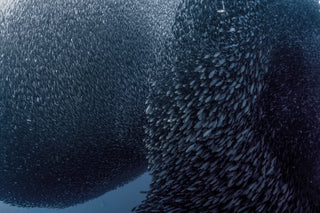Spirit of the Wiltshire Downs
Rooted in the Wiltshire Downs, Crafted for the Curious.
Spirit of the Wiltshire Downs
Rooted in the Wiltshire Downs, Crafted for the Curious.
LATEST NEWS | DOWNTON DISTILLERY
-

The Queen of the Skies
Our adventurer of the month was a pioneer of flight, she amongst other female pilots led a blazing trail through the golden age of aviation. She was meant to have...
-

Gin comes together
Over the last couple of months it has been wonderful to see how different sectors have come together for the greater good of both their communities and supporting the front...
-

Where has all the hand sanitiser gone?
BBC Article - by Stephanie Hegarty Population correspondent. Shelves all over the world are empty, there's slim pickings online and the few suppliers that are selling are pricing at way...










